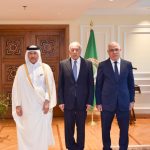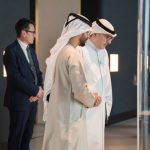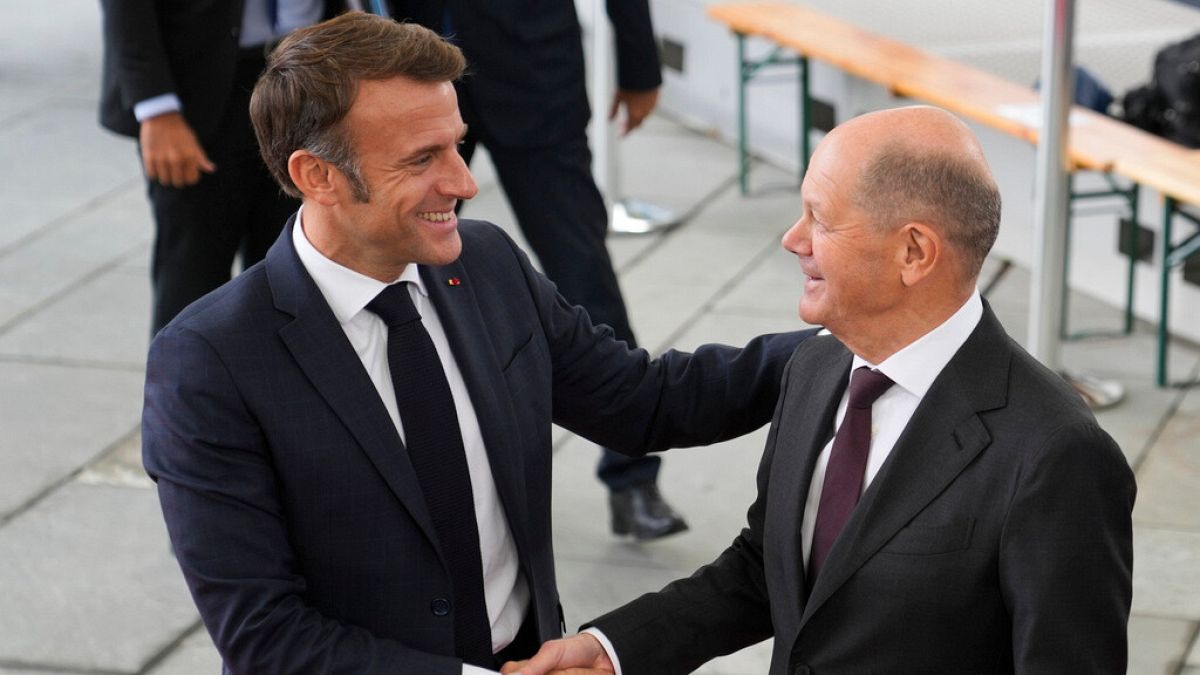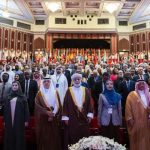French President Emmanuel Macron paid a visit to Berlin, where he met with German Chancellor Olaf Scholz to discuss a range of issues including Chinese electric vehicle tariffs, tensions in the Middle East, and the future of Europe. Macron expressed concerns about the EU’s future, warning that the bloc could face trouble if it didn’t deepen its single market and resolve issues of fragmentation. He called for a rescue plan to be implemented within the next five to ten years if reforms were not made soon. The two leaders disagreed on how to move forward with Chinese electric vehicle tariffs, with Macron supporting EU plans for tariffs of up to 45%, while Scholz expressed hesitation due to concerns from German carmakers.
During their meeting, Macron emphasized the need for the EU to prioritize defense, security, and innovation in order to keep pace with global powers such as China and the US. He also highlighted the importance of advancing the green energy transition to avoid economic stagnation. As Scholz faces challenges with low approval ratings, many are questioning his bid for re-election in the upcoming federal elections next year. Despite their differing views on certain issues, the leaders coordinated on topics that will be addressed at the next mid-October European Council meeting.
One of the key issues discussed during the meeting was the escalating tensions in the Middle East, with Macron vowing to support Israel by increasing the presence of the French military in the region. Scholz also emphasized the need for a ceasefire and de-escalation amidst the spiraling tensions between Israel and Iran. Macron’s visit to Berlin comes amidst a backdrop of growing concerns over security and stability in the region, with both leaders acknowledging the importance of finding diplomatic solutions to address the root causes of conflict.
Another topic of discussion was the future of Europe, with Macron warning that the EU is in a precarious situation and needs to deepen its single market and address issues of fragmentation in order to avoid potential trouble down the line. He stressed the need for a rescue plan to be implemented within the next five to ten years if the EU fails to take action soon. This call for reform was met with some hesitation from Scholz, who has generally advocated for open dialogue with China and has faced pressure from German carmakers concerned about potential retaliatory measures in response to tariffs on Chinese electric vehicles.
As Macron and Scholz navigate their differences on various issues, the leaders also emphasized the importance of cooperation and coordination at the European level. They discussed the need to prioritize defense, security, and innovation within the EU in order to keep up with global powers and ensure the continent’s economic and strategic interests are protected. Despite challenges and differing opinions, Macron and Scholz are working towards finding common ground on key issues that will shape the future of Europe and the EU’s role in the international arena.











